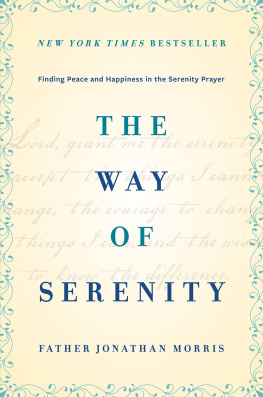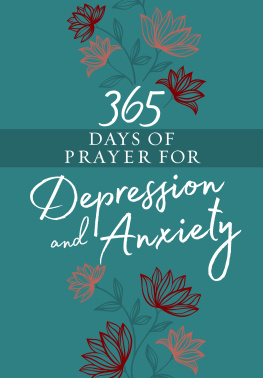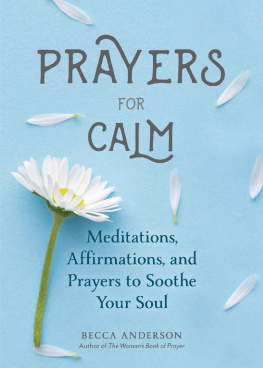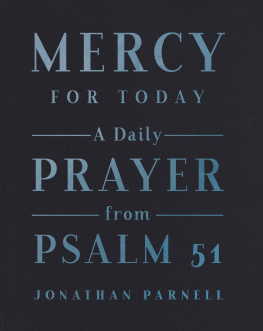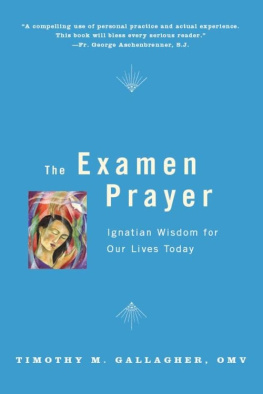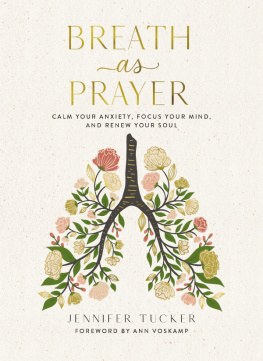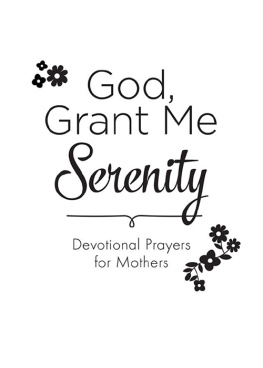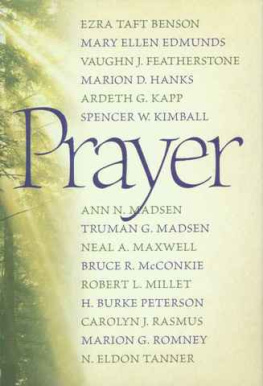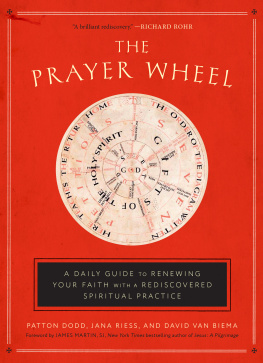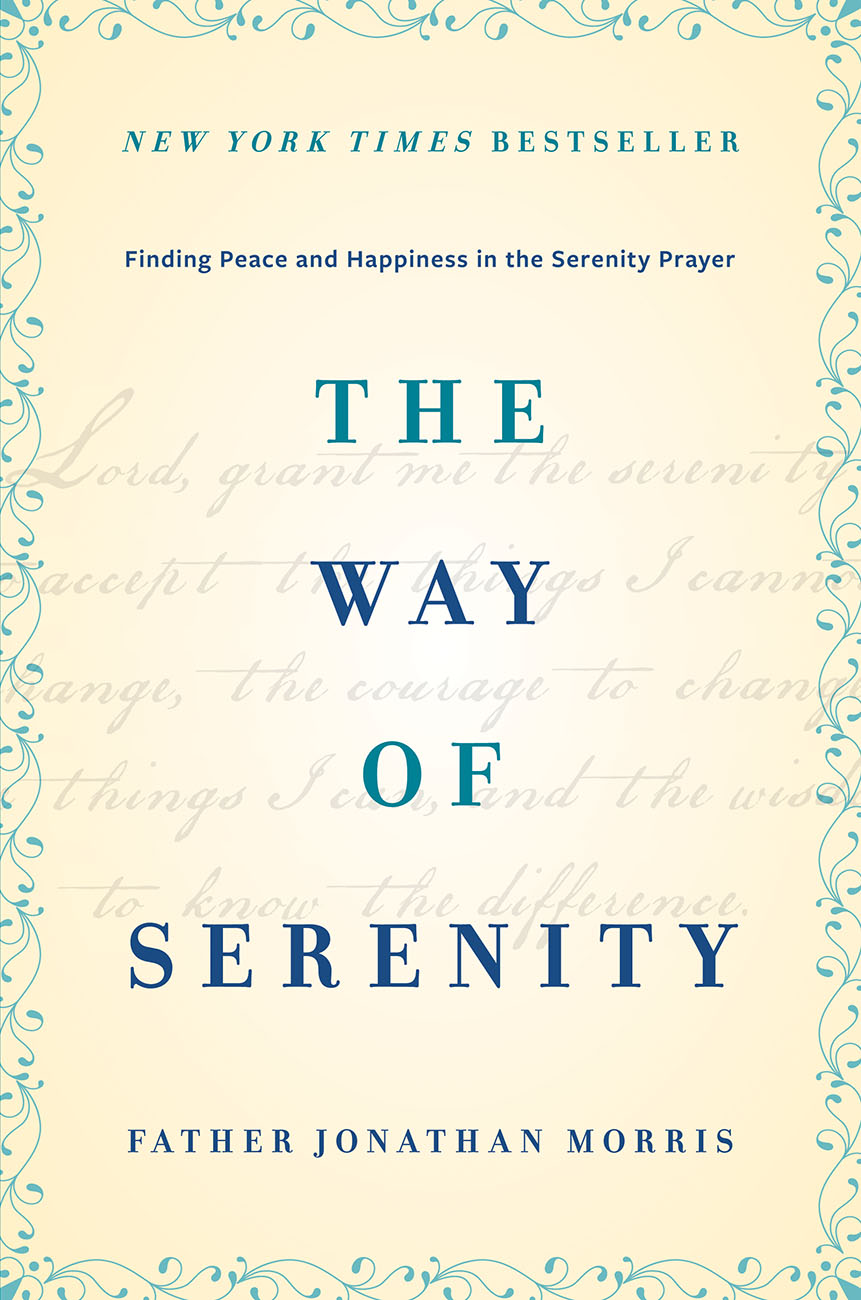Thank you, Francis, for teaching me again that Jesuss way is simple: mercy, humility, truth, and service
CONTENTS
I T WAS A frigid day in January. I thought my overcoat was buttoned all the way to the top, but a part of my clerical collar must have been showing. A man in his late twenties approached me on a short side street in Lower Manhattan, not far from Wall Street. He was anxious to let me know that he didnt believe in God. Jim was as kind and sincere as could be. He felt compelled to talk to me about his disbelief, not that I might convince him otherwise, but rather to let me know that he was working hard to be a good person even though he did not have faith in my God.
I was impressed by Jims candidness and by his passion for communicating the truth that many nonbelievers are very, very good and moral people. I thanked Jim for feeling comfortable enough to approach me. I thanked him too for trying to live a virtuous life, and I told him he had inspired me to double-down on the same goal. Finally, I told him that, if he wouldnt mind, I would pray for him, and somewhat routinely and naively, I asked him to pray for me as well. Jim shook my hand, smiled kindly, and began to walk awayonly to stop after several paces, turn around, and tell me something I would never forget. I dont really believe in prayer, because I dont know if anyone is listening, but I do really like that Serenity Prayer.
The remarkable thing about Jims statement is how frequently I hear it, in various forms. Even people who have no particular connection to the Lords Prayer or the Jesus Prayer (let alone the Memorare or the Hail Mary!) or any formal prayer somehow find great consolation in the Serenity Prayer. It seems to strike a chord that transcends the boundaries of particular religious experiences to touch something intimately related to our common humanity. And remarkably, this prayer loved by so many is not generic, trite, or superficial. Quite the contrary! From the most fervent and committed believer to the most skeptical seeker, we can all find in it something of great depth and support. I pray it every day.
At various times the prayer has been attributed to the most diverse authors, from Thomas Aquinas to Cicero, from Saint Augustine to Boethius, from Marcus Aurelius to Saint Francis of Assisi. But in fact the prayer has a much more humble and recent pedigree. It was written, or at least popularized, by the twentieth-century Protestant American theologian Reinhold Niebuhr. It has taken many forms, but always comes down to three simple petitions:
Lord, grant me the serenity to accept the things I cannot change,
the courage to change the things I can,
and the wisdom to know the difference.
When I first encountered this prayer many years ago, it caught my attention, but I didnt give it much thought. It seemed a bit clich, something you might see on a motivational poster with accompanying pictures of sprinters, pandas, sunsets, weightlifters, or waterfalls.
It took sitting in on an open Alcoholics Anonymous meeting to discover that the Serenity Prayer was much deeper than my own soul had been ready to acknowledge. In my pride and immaturity, I had mistaken simplicity for shallowness, and the universal for clich. On a hot day in August, in the basement cafeteria of a shuttered grade school, I witnessed broken men and women pray the Serenity Prayer like I could only wish to pray it myself. Sitting on wooden chairs made for schoolchildren half their size, Christians and non-Christians alike recited from memory words they had made their own. It was prayer because it was wide open, fearless, and important dialogue with God. It was a calm cry in the darkness of their own insufficiency to a greater power to whom they had attached their will and their hopes. It was the purest and most genuine act of self-abandonment to Gods will I had ever witnessed. Their prayer wasnt especially pretty, or clean; it was real, and gritty. It was the opposite of religious showmanship; it was intimate, existential, and wholly indifferent to any outsiders praise or reproach. It was prayer, plain and simple.
As I began to study and pray over the elements of the Serenity Prayer and the reasons it was so popular I realized that this simple prayer could become a major part of my own daily spiritual life.
Why? First off, its simplicity is compelling. Longer prayers can also be beautiful, and they have their place. I think of the ancient liturgical prayers, so full of theological tradition and meaning, drawing us into the mystery of Gods being. But there is something endearing and eminently practical about a prayer that any of us could have composed on dozens of occasions in response to a personal dilemma. The Serenity Prayer is a trusting groan of the spirit. It is a confident cry for help.
We intuitively sense in this prayer the truth of Jesuss frequent praise of children and the need to be childlike in our own spiritual lives. We so quickly complicate things. As our minds get foggy our prayers get wordy, and then we get tired and stop praying altogether. But wasnt it Jesus, once again, who encouraged his followers to be brief in their prayers? I sincerely doubt that God is very much impressed by the elegant prose and perfect syntax of our orations if we are delivering them to look or feel smart or pious, or in the hope that the perfect set of words will magically get us what we want. Prayer consists in laying ourselves bare before him who already sees our souls nakedness in all of its sinfulness and goodness, and who then responds by helping us take off our blinders to see ourselves and others through his eyes.
A second factor that makes the Serenity Prayer so powerful is the importance of the gift we request of God when we pray it: peace of soul, or serenity. We are asking God to replace our stress with a heart at rest. Stress can destroy our lives if we let it. We feel it in our blood when it is taking over. It starts with a little worry, which becomes anxiety, and soon enough we are enveloped in fear. In the Serenity Prayer we ask God to soak every fiber of our anxious being with his peace.
At times the thought of daily serenity feels unattainable to me. Like so many others, I have several jobs (ministries) demanding my attention, and with each passing year it feels as though my plate gets fuller. The consequences of failure become greater. More work means more responsibility, and more responsibility means more problems. With life so crowded with tasks, I would hardly describe my normal day as serene. Yet, as I am sure all of us have experienced at one time or another, with the right state of mind and with Gods grace, it is possible to be peaceful even in the midst of a flurry of activity. Thats the peaceful soul the Serenity Prayer seeks.
A third reason the Serenity Prayer can transform our lives is that it reminds us of another important truth: God wants us to be serene. We rightly recoil from the idea of a God who is just concerned about laying down rules and keeping us in line. This misconception of God as cop is especially repulsive because we know we arent very good at keeping all the rules. In contrast, speaking to a God who wants us to have a peaceful soulwhat we naturally long forreminds us that he is on our side. Thats the God saints have fallen in love with for centuries. Thats the God of the Serenity Prayer. Its simple petitions point to a God who loves us, wants us to be happy, and is there to help us become our best selves.
So many people turn away from religion because, as life progresses, the demands of a relationship with God and Church seem too much to bear. Though Christianity teaches that God is love, sometimes when the Church (including me!) begins to explain what this means for us in practice, the core truth is lost or replaced by other, less important notions. We focus on what faith might demand of us if we were to go all in, rather than on the loving Father who is calling us into his embrace.

